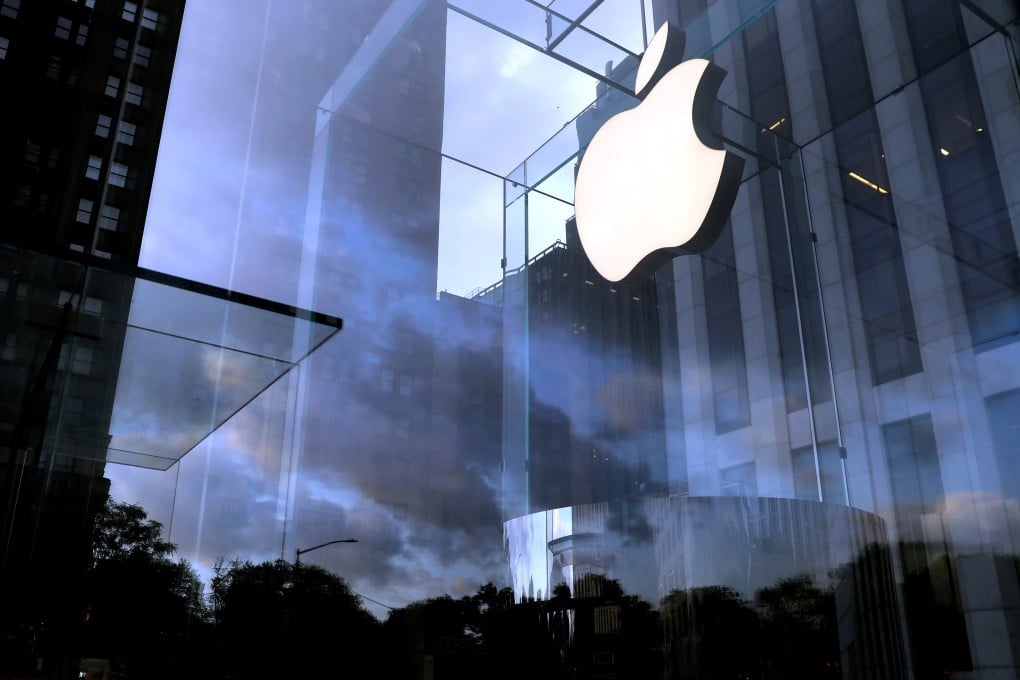Apple’s 5G iPhone 12 may have drawn derision on China’s social media but millions are still signing up for it
- Aside the lack of earphones and a charger, the relatively late adoption of 5G also failed to impress
- Some analysts see Apple re-taking ground lost to Huawei next year

Reaction on Chinese social media to Apple’s new iPhone 12 has been lukewarm to say the least but that has not stopped over 2.3 million Chinese consumers signing up for the US smartphone giant’s new handset series on major e-commerce sites.
As of 10am on Friday, over 1.5 million people had made reservations to buy iPhone 12 handsets from the official Apple store on JD.com, a major e-commerce site in China. The standard iPhone 12 had over 737,000 user bookings, while the iPhone 12 Pro had 390,000, according to company information.
The iPhone 12 series – which includes the iPhone 12, iPhone 12 Pro, iPhone 12 Pro Max and a smaller iPhone 12 mini – was announced on Wednesday early morning Beijing time as Apple’s first line of 5G phones.
A check on Suning.com, a Chinese online retailer, showed over 814,000 bookings for the iPhone 12 series as of 12.30pm, led by the iPhone 12 and iPhone 12 Pro models. On Suning.com, only those who have successfully made a booking are eligible to buy when sales begin. A booking does not guarantee that the users can purchase the iPhone successfully as inventory is limited, according to rules on the site.
The hot demand is a little surprising given early reaction.